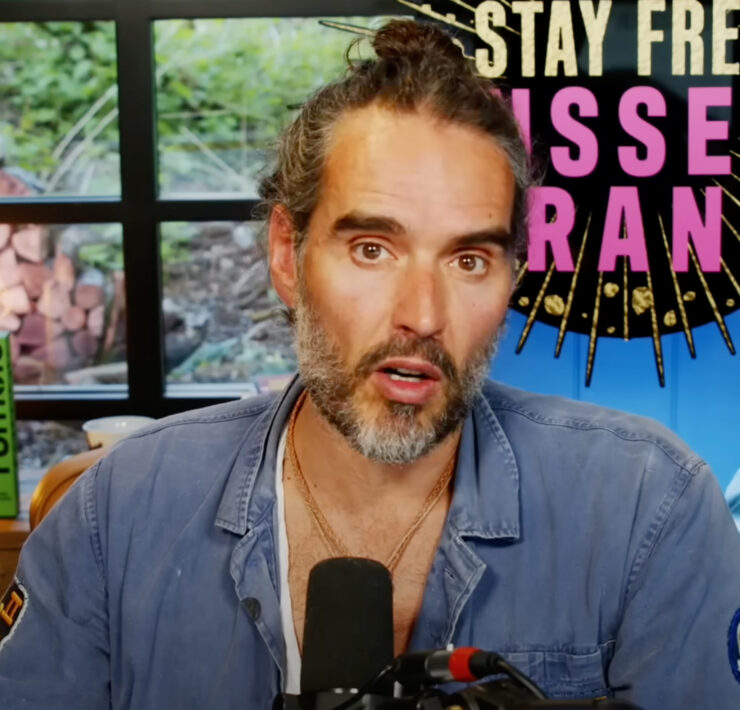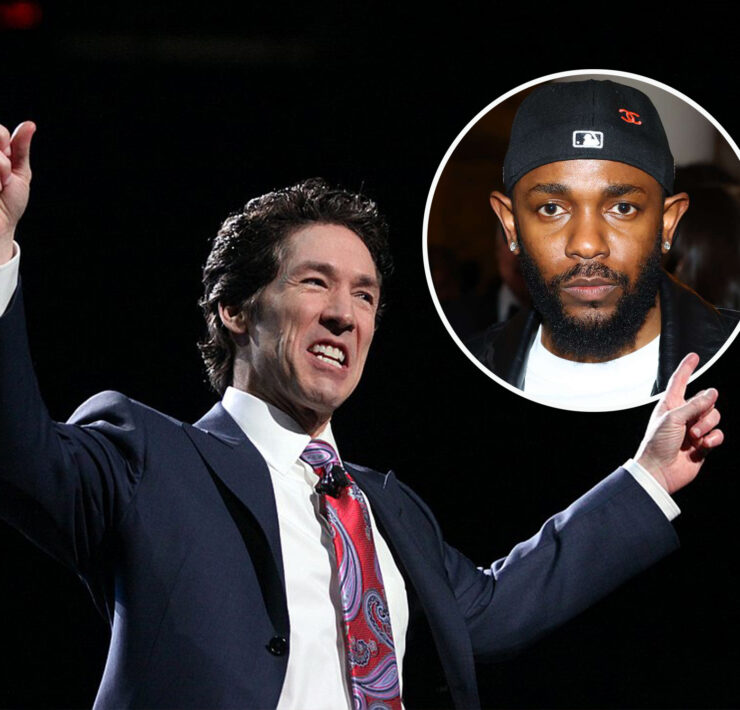
Last week, author, speaker and radio host Eric Metaxas sat down (digitally) with The Dispatch senior editor David French to discuss and debate the evangelical case for President Donald Trump. French has been a conservative “Never Trumper” from the beginning while Metaxas has been very supportive of the Trump Administration. The debate was part of the socially distanced Q 2020 Virtual Summit.
Unsurprisingly, the debate had its heated moments (Metaxas raised eyebrows when he let an “f-word” slip — probably a Q Conference first) but one part that has attracted a good deal of attention since its transcription by American Christian history scholar John Fea (and noted by Christianity Today writer John Silliman) is Metaxas’ explanation for why he continued to support Trump after the infamous Access Hollywood tape dropped in 2016. That was the recording in which Trump was heard boasting of sexually assaulting women, saying that “when you’re a star, they let you do it.”
Metaxas’ reasoning appears to be two-fold. First, he said he found the “viciousness” of the opposition to Trump actually drove him deeper into his support of the then-longshot nominee. Secondly, he felt the opposition was hypocritical because, in his view, everyone has said such things.
I also think that the viciousness on the left toward him pushed me toward him. I have never in my life seen anything. When you take a hot mic moment from 15 years ago, and you keep it you’re a network supposedly you’re a news network and you keep it until the last second in October and you air it as though he just said it, I think who among us has not said horrifying things? That if they were suddenly presented as though that’s our point of view, when it was something we never meant for anybody to hear except who were with him even then maybe we regretted it. So that level of viciousness blew my mind and made me think, perhaps I am missing something here. And perhaps, God chose Trump to shame the Church.
French explained his own anti-Trump position by referring to his opposition to President Bill Clinton’s behavior in the 90s, and his dismay at backtracking from many Christians who testified to the importance of character then. He noted the Southern Baptist Convention’s condemnation of Clinton’s extramarital affair with Monica Lewinsky, when it declared: “Tolerance of serious wrong by leaders sears the conscience of the culture, spawns unrestrained immorality, and also surely results in God’s judgment.”
“Evangelicals quickly went from the group of people most likely to say that character mattered to in 2016 the group that said the least likely that character mattered,” French explained. “Now did the truth, the theological truths articulated in the Southern Baptist Convention statement change? No, they did not. What changed was the partisan imperative. What changed was the atmosphere of fear.”
The conversation around evangelicals and Trump was recently re-ignited by prominent SBC leader Al Mohler, who reversed his anti-Trump position from 2016 and says he now plans to vote for Trump in November.
The whole conversation is transcribed here and is well worth a read, whatever your political persuasion.






















